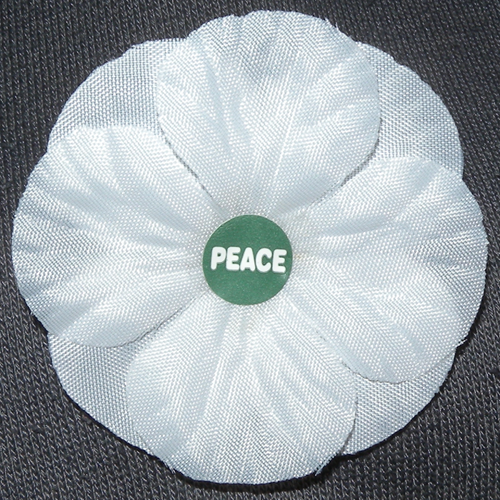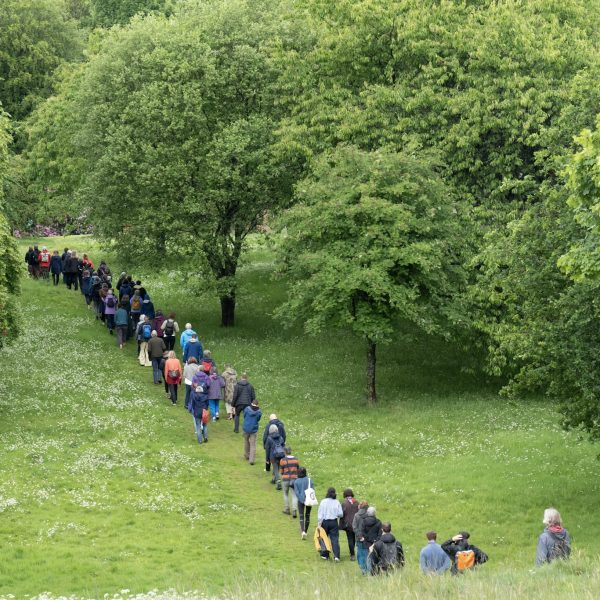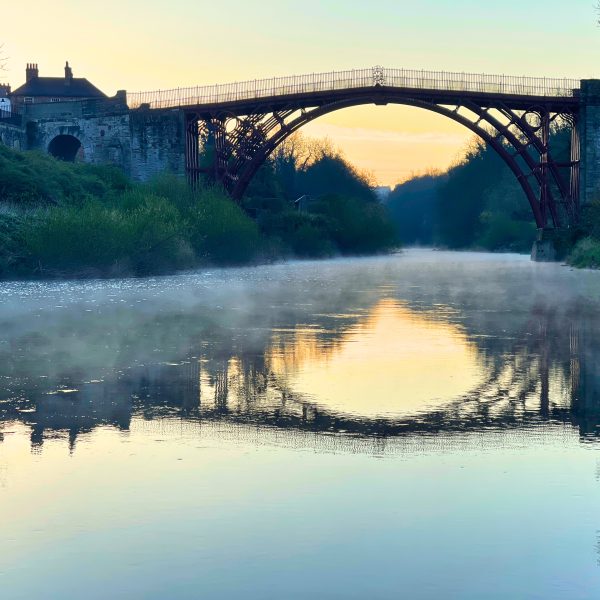White poppies and the roots of war

If you wish to listen to this article, read by Joe himself, please find the audio version here.
Since 1919, the 11th of November has marked the remembrance of British lives lost in the First World War and accumulatively the Second World War, The Falklands War, The Gulf War and the more recent conflicts in Afghanistan and Iraq. I don’t wear a red poppy, choosing instead to wear a white one, created first in 1933 by the Women’s Guild and later, and to today, distributed by the Peace Pledge Union. This piece of writing is a little bit about this choice, and about what the day means to me.
For context, the red poppy remembers members of the British armed forces and civilians killed by war. The white poppy remembers all service personnel and civilians of all countries killed by war.
I want to say first that, as many reading may also have, I have had family members involved in war.
Anything I write here is I hope sensitive to the impossible feelings that must have accumulated in the hearts and minds of those who killed each other on the front lines of all these conflicts and others. To judge these actions is not in anyway my intention. Writing from a cafe, safe and relatively clear minded in late 2021, I realise how far removed I am from those conditions.
Amongst many things, including a facilitator with Wake Up London I’m a Quaker and wanted to begin with a quote about war from a Quaker perspective:
‘Quakers believe that all life is precious. We have always tried, to live in the life and power which takes away the occasion for all wars’
A perspective as this has been present for centuries; war protest, speeches and literature though it’s not one that is commonly shared, certainly in comparison to the pro military presence in media at times of all the wars mentioned above.
In an outside exhibition I attended some years ago, a single poppy was laid for all recorded soldiers who fought for Britain; it filled the outside space of the tower of London, where many gathered to look down over the high wall to pay their respects. The amount according to organisers was 888,246. A Wikipedia search suggests that somewhere between 16 million and 40 million (the higher number includes victims of the Spanish Flu associated spread with the war). Exact numbers become impossible for me to imagine. At the time some images circulated simulating such an exhibition for all who died placing digitally created flowers, stretching out and way along the river Thames.
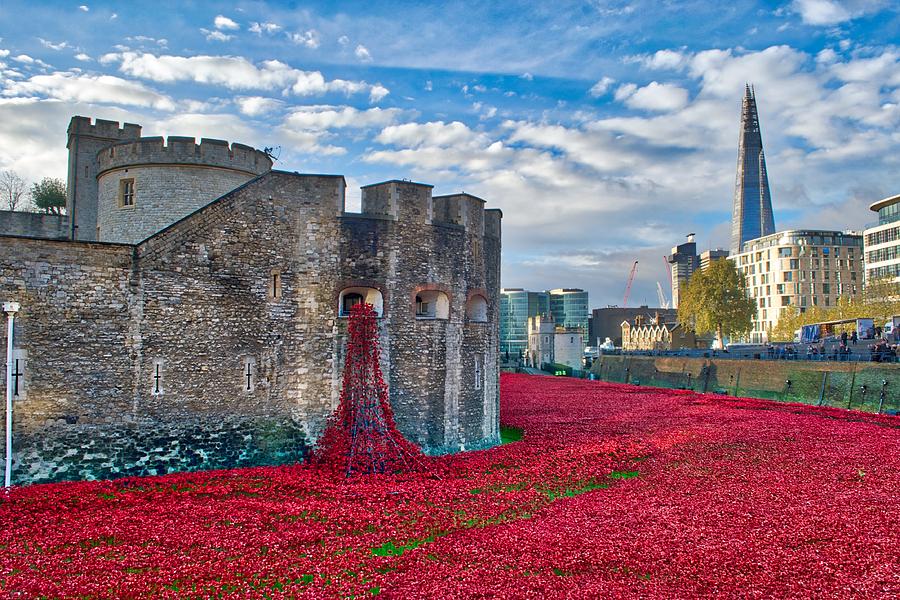
As someone interested in non-violence, I try and sit with these figures, impossible as they seem to comprehend. My insight, looking at the figures, is that statistics alone have a concerning normalising affect for me and do nothing to look at and question the roots of violence.
Being somewhat of a folk singer myself, I’d like to quote Bob Dylan at this point. In his song Masters of War (1963) Bob Dylan opens with this verse:
Come you masters of war
You that build the big guns
You that build the death planes
You that build all the bombs
You that hide behind walls
You that hide behind desks
I just want you to know
I can see through your masks
A phrase coined by Eisenhower leaving US office 2 years before the release of Masters of War in 61, speaks to this, his phrase the ‘military industrial complex’.
My efforts to understand war have been grown by both these writings; seeing that there are both actors and industry present; behind the scenes with vested interests. It may sound obvious though both Dylan and Eisenhower had me realise how strong the unquestioned narrative of ‘going to war’; synonymous with a ‘greater good over evil’, is, saying nothing of the financial benefits. Many books have been written about this with breakdowns of this international business and how money changes hands, I can direct anyone to them. The point I wanted to raise here though is that in a complex of military and industry; arms being developed, produced and sold, I feel that wars become something more possible, and more likely.
Actors in power make decisions and they affect us all. Actors are humans as we are – powerful ones, though I believe, human all the same, and to help me understand their motivations I turned to the book, The Art of Power, by Thich Nhat Hanh.
On power:
What most people call power I call cravings. Craving for what I don’t yet have and craving to increase it. Fear creates this desire.
And this about war:
If we look deeply into the weapons, we see our own prejudices, fears and ignorance. To work for peace is to uproot war from ourselves and our hearts.
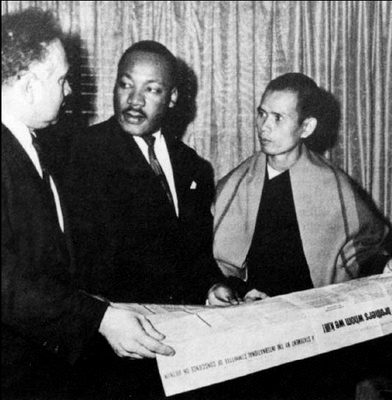
***
Understanding war, it feels to me then, is at once possible and also avoidable; with this awareness of our fears, fed by unmet desires for an ever increasing sense of material security. Replace war here with racism, colonialism, border controls.
Thich Nhat Hanh again:
when fear becomes collective, when anger becomes collective, it’s extremely dangerous. It is overwhelming… The mass media and the military-industrial complex create a prison for our minds and we continue to think, see, and act in the same way… We need the courage to express ourselves even when the majority is going in the opposite direction
In this I understand the fear of future conflict, of military presence in schools, recruitment and training within our armed forces. ‘Would you see all that dissolved today?’ is a common question. My answer is that I’m going deeper, looking for the roots and in doing so feeling a resolve to dissolve conditions for war: campaigning actively for change, saying yes to peace education, for awareness around arms production, sales and conversations on defunding and ultimately for building a peace I feel is possible, something that must start here (breathing, hand on heart and white, poppy)
Joe
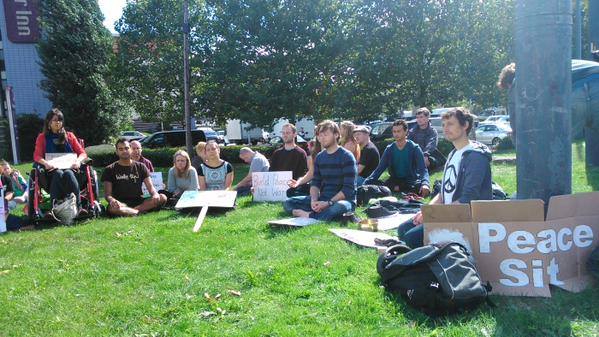
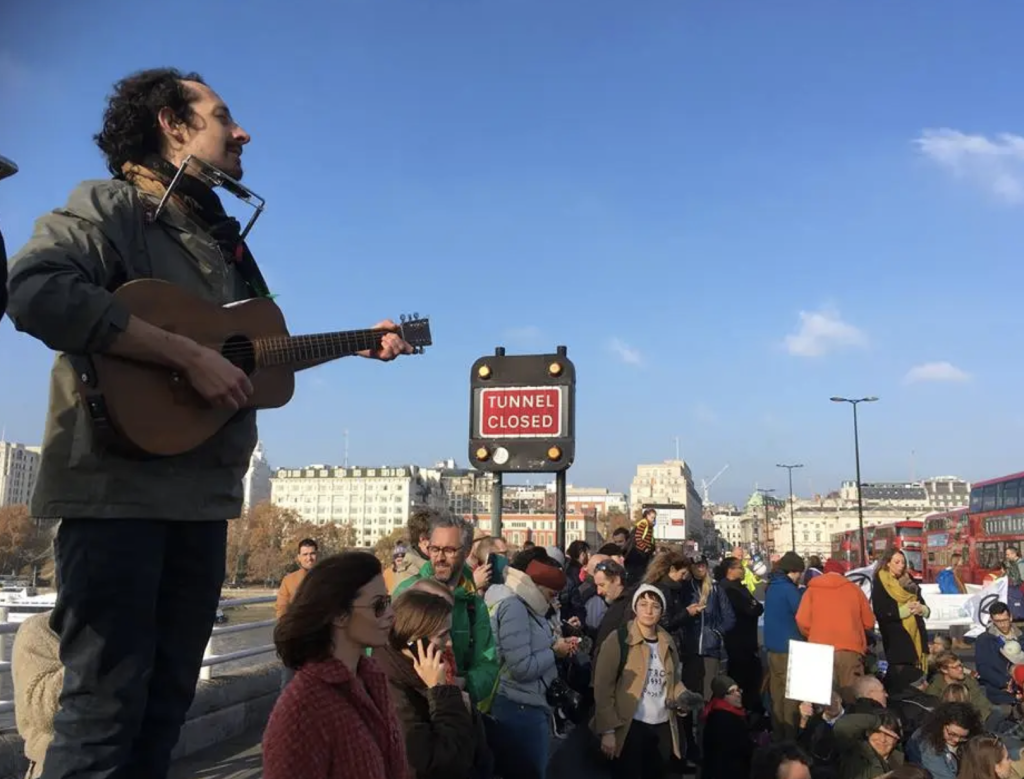
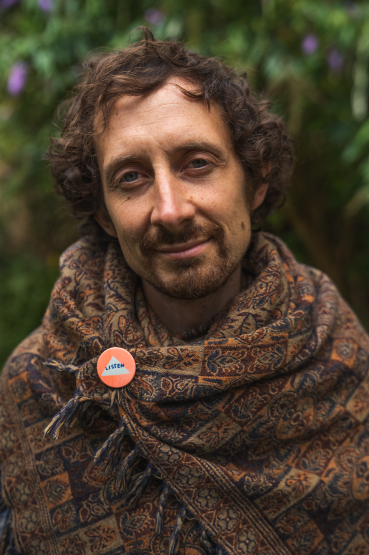
Joe Holtaway is a singer/songwriter and chaplain in training. He is currently working with Quakers, Wake Up London, The Bike Project, Southward Day Centre for Asylum Seekers, Extinction Rebellion and The Heart Movement.
For more information about Joe please visit: https://joeholtaway.com/

